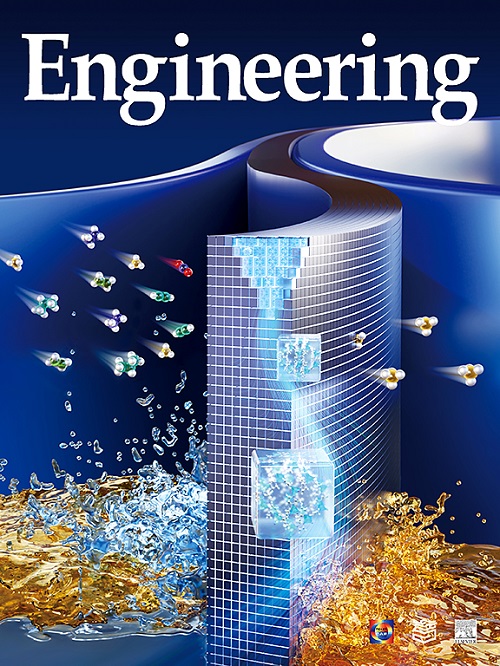Dynamic Cost–Benefit Analysis of Digitalization in the Energy Industry
IF 10.1
1区 工程技术
Q1 ENGINEERING, MULTIDISCIPLINARY
引用次数: 0
Abstract
Assessing the benefits and costs of digitalization in the energy industry is a complex issue. Traditional cost–benefit analysis (CBA) might encounter problems in addressing uncertainties, dynamic stakeholder interactions, and feedback loops arising out of the evolving nature of digitalization. This paper introduces a methodological framework to help address the intricate inter connections between digital applications and business models in the energy industry. The proposed framework leverages system dynamics to achieve two primary objectives. It investigates how digitalization generally influences the value proposition, value capture, and value creation dimensions of business models. It also quantifies the financial and social impacts of digitalization from a dynamic perspective. The proposed dynamic CBA allows for a more precise quantification of the benefits and costs, associated with evidence-based decision-making. Findings from an illustrative case study challenge the static assumptions of conventional methods. These methods often presume continuous operation, neglecting reinvestment and operational feedback loops, and resulting in negative net present values. Conversely, the outcomes of the proposed method indicate positive net present values when accounting for factors such as reinvestment rates and the willingness to invest in digitalization projects. The principles outlined in this paper can enable a more accurate assessment of digitalization projects, thus catalyzing the development of new CBA applications and guidelines for digitalization.
能源行业数字化的动态成本效益分析
评估能源行业数字化的收益和成本是一个复杂的问题。传统的成本效益分析(CBA)可能会在处理不确定性、动态利益相关者互动以及由数字化演变性质引起的反馈循环方面遇到问题。本文介绍了一个方法框架,以帮助解决能源行业中数字应用和商业模式之间复杂的相互联系。提出的框架利用系统动力学来实现两个主要目标。它研究了数字化通常如何影响商业模式的价值主张、价值获取和价值创造维度。它还从动态的角度量化了数字化的金融和社会影响。拟议的动态CBA允许更精确地量化收益和成本,并与循证决策相关。一个说明性案例研究的结果挑战了传统方法的静态假设。这些方法通常假定持续运行,忽略了再投资和运行反馈循环,导致净现值为负。相反,当考虑到再投资率和投资数字化项目的意愿等因素时,所提出方法的结果表明净现值为正。本文概述的原则可以更准确地评估数字化项目,从而促进新的CBA应用和数字化指导方针的发展。
本文章由计算机程序翻译,如有差异,请以英文原文为准。
求助全文
约1分钟内获得全文
求助全文
来源期刊

Engineering
Environmental Science-Environmental Engineering
自引率
1.60%
发文量
335
审稿时长
35 days
期刊介绍:
Engineering, an international open-access journal initiated by the Chinese Academy of Engineering (CAE) in 2015, serves as a distinguished platform for disseminating cutting-edge advancements in engineering R&D, sharing major research outputs, and highlighting key achievements worldwide. The journal's objectives encompass reporting progress in engineering science, fostering discussions on hot topics, addressing areas of interest, challenges, and prospects in engineering development, while considering human and environmental well-being and ethics in engineering. It aims to inspire breakthroughs and innovations with profound economic and social significance, propelling them to advanced international standards and transforming them into a new productive force. Ultimately, this endeavor seeks to bring about positive changes globally, benefit humanity, and shape a new future.
 求助内容:
求助内容: 应助结果提醒方式:
应助结果提醒方式:


